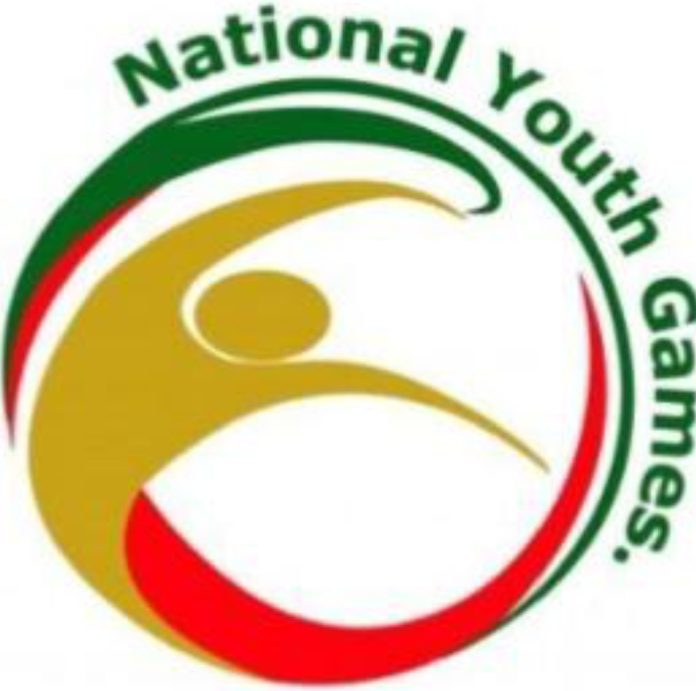THE 9th edition of the National Youth Games (NYG) formally kick-off today in Asaba, Delta State, bringing together no fewer than 6,382 athletes and officials from across Nigeria. Scheduled to run from 29th August to 6th September, 2025, the games are not merely a sporting contest; they are a grand convergence of youthful energy, national pride, and the collective aspiration to shape Nigeria’s future through sports. Organised by the National Sports Commission (NSC), the competition is designed to promote grassroots development and unearth the next generation of Nigerian champions.
This year’s event will feature 37 sporting disciplines, promising nine days of skill, teamwork, and determination on display. The numbers alone are impressive, but beyond that, the NYG has grown into a major sporting spectacle since its inception 11 years ago, fostering unity among diverse communities and offering young athletes the chance to shine on a national stage. It is a platform where raw talent can be refined into excellence, and where the dreams of tomorrow’s Olympians, football stars, and athletics heroes begin. The likes of Favour Ofili, Favour Ashe, Ese Brume and others are products of this platform.
Delta State is no stranger to success at the games. As defending champions, Team Delta has stamped its dominance on the competition, winning the eighth edition with a total of 111 medals—46 gold, 31 silver and 34 bronze. This achievement reinforced Delta’s supremacy as Nigeria’s powerhouse in youth sports. Lagos, with 65 medals, and Edo, with 59, trailed behind, but Delta has remained the only state to have won the tournament every year since its inception. The challenge before Team Delta this year is not only to retain its crown but to do so on home soil, where expectations are understandably higher.
The symbolism of defending champions hosting the games cannot be overstated. For Team Delta, there is pride at stake, but there is also responsibility. The state must once again demonstrate why it stands at the pinnacle of youth sports in Nigeria. But this dominance must not be taken for granted. Fierce competition awaits from Lagos, Edo, and other ambitious contingents, who are equally determined to prove their mettle. For Delta, finishing strong will not only consolidate its status but also inspire the next wave of young athletes to believe that excellence is attainable through hard work, discipline, and dedication.
However, even as we celebrate the grandeur of the games, one issue cannot be overlooked: the menace of age cheating. For far too long, age falsification has undermined youth competitions in Nigeria, robbing genuine youngsters of the opportunity to compete and develop. If the NYG is to truly serve its purpose of talent discovery, age cheating must be confronted with seriousness. The introduction of the Digital Registration Management system is a step in the right direction, but strict enforcement, biometric verification, and transparency are required to protect the integrity of the Games. Anything less would betray the very essence of the competition and compromise the future of Nigerian sports.
The NYG also presents economic opportunities. Local businesses, hotels, food vendors, transport operators, and artisans will all benefit from the influx of visitors, which would ensure a swell in revenue for the state during this period. Sports tourism is a growing global industry, and Delta has an opportunity to position itself as Nigeria’s foremost hub.
Delta State also deserves commendation for hosting the Games for the third consecutive year. Following a Memorandum of Understanding with the Federal Government in May 2023, Delta is set to host four consecutive editions of the NYG from 2023 to 2026. This consistency in hosting reflects not just the state’s infrastructural readiness but also its commitment to grassroots sports development. The Stephen Keshi Stadium and other sporting facilities across the state stand as evidence of the government’s investment in youth and sports.
Yet, the legacy of the games must go beyond hosting. The numerous facilities dotting Delta’s landscape should not lie idle after the fanfare. They must be integrated into year-round competitions, community leagues, and school sports programmes to ensure sustainable usage. Doing so will not only justify the billions invested but also provide avenues for young people to channel their energy positively, thereby reducing youth restiveness. Sports, if properly harnessed, can be a viable tool for curbing crime, unemployment, and idleness among young people, while also creating careers for coaches, administrators, and service providers in the sporting ecosystem.
Ultimately, the National Youth Games represent more than medals and trophies. They embody the dreams of thousands of young Nigerians, the promise of unity in diversity, and the potential of sport as a tool for national development.


